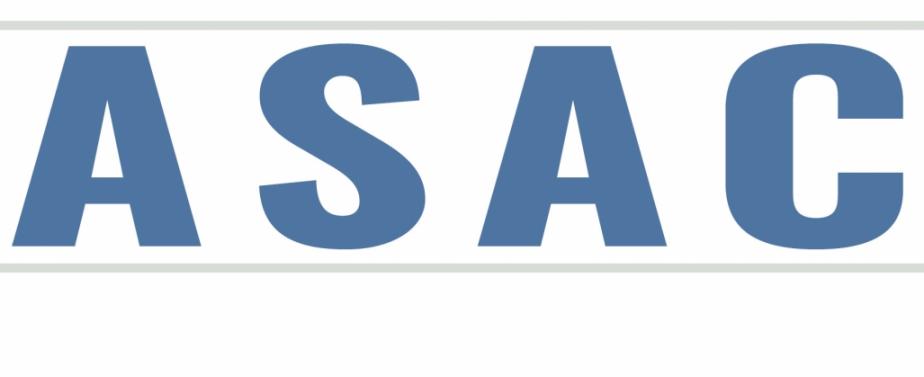How the Mighty Fall
03/18/2021
Sometimes a client needs a bit of a wake-up call to remind them that their past history of success is no guarantee of future prosperity. They can develop a sense of being invincible simply because they have survived a few tough years and the future looks bright. In these situations, I refer them to a book named How the Mighty Fall that Jim Collins wrote a few years after writing Good to Great.
Sometimes a client needs a bit of a wake-up call to remind them that their past history of success is no guarantee of future prosperity. They can develop a sense of being invincible simply because they have survived a few tough years and the future looks bright. In these situations, I refer them to a book named How the Mighty Fall that Jim Collins wrote a few years after writing Good to Great.
This second book provides a follow up which detailed the pattern of mistakes that formerly “Great” companies did that led to their downfall or sizeable scale-down from their former glory. The core of this book are the five stages that these companies—like Motorola, Scott Paper, Rubbermaid, HP and Merck—went through in their decline. Some of them recovered, but not to their level of previous greatness, and sometimes with a completely different focus.
Here are the five stages and basic descriptors:
Here are the five stages and basic descriptors:
1. Hubris Born of Success: Arrogance, Success, a Sense of Entitlement because they have “always” been successful. Neglect of primary flywheel (what has made them successful in the past). Decline in learning orientation.
2. Undisciplined Pursuit of More: Unsustainable quest for growth, confusing big with great. Declining proportion of right people in right seats. Bureaucracy subverts discipline. Problematic succession of power.
3. Denial of Risk and Peril: Amplify the positive, discount the negative. Big bets and bold goals without empirical validation. Incurring huge downside risk based on ambiguous data. Externalizing blame.
4. Grasping for Salvation: Series of “Silver Bullets” are attempted. Grasping for a Leader as Savior. Panic and Haste. Hype precedes results. Confusion and Cynicism.
5. Capitulation to Irrelevance and Death:
I share this with them not to scare them, but rather to let them know that very big, successful companies can become complacent and luxuriate in their own good press, disregarding data that should set off alarm bells demanding immediate attention. They need to realize that the leaders of these large companies did not see (and often refused to see) these situations developing even though they had professional analysts in every department telling them to make adjustments.
The younger generation of our clients may have never truly experienced long-term difficult times in the family business. They might have never encountered it, or they might have been deliberately shielded from it. Exposure to the fact that mismanagement of a successful company can lead to ruin might stimulate the consideration of heightened cost-containment, greater attention to detail and a preference for keeping family living costs in check.
The book is a short, concise read that also provides positive lessons to teach about how some companies turned their situation around at the earlier stages.
What are some ways you encourage financial responsibility when you see clients lacking fiscal discipline?
Don Tyler
These opinions and commentary are Don Tyler’s own. They are not necessarily those of ASAC or its members.
Post a new comment







